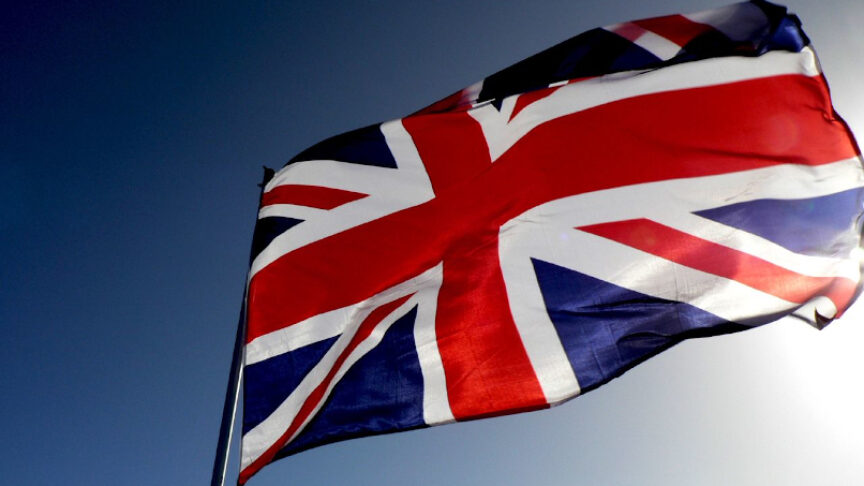Those Brexit negotiations: The descent to hell
Britain can step back from the brink of Brexit trade catastrophe – but only if Boris Johnson gives the say-so.
The next Brexit crisis point is fast approaching – the British government must decide by 30 June whether to request an extension to the current ‘transition’ period. The moment could be used to avert a disastrous economic rupture between the European Union and United Kingdom at the end of the year. But nothing serious will happen on the British side unless prime minister Boris Johnson acts. Will he make the effort?
Johnson’s own views on Brexit are notoriously opportunistic, and flexible – as his Unionist allies in Northern Ireland discovered to their cost last autumn. But within his own party he has painted himself into something of a corner – by purging party moderates before the general election in December, and by filling his cabinet with committed Europhobes. Free market Brexiteers now dominate the Conservative parliamentary party; their supremacy was made clear in January when the government legislated to rule out any extension of the transition.
The pandemic ought, of course, to give the prime minister both incentive and political cover for manoeuvring out of this corner, and exploring ways to break the current negotiating deadlock. The latest polling shows that the mood of the British public has shifted and now by a significant margin favours extension. But, in practice, covid-19 compounds Johnson’s problems, as the ideologues urge that any adverse impact from the ‘no deal’ Brexit they favour will be lost in the fallout from the virus. Worse, it is those same free market Brexiteers with whom he is now having to contend as he resists their calls to reopen the economy. Steve Baker MP, leading light of the European Research Group faction whose members rightly claim Brexit is largely their doing, has called on Johnson to “end the absurd, dystopian and tyrannical lockdown”.
Brexit ideologues urge that any adverse impact from ‘no deal’ Brexit will be lost in the fallout from the virus
In such circumstances, it is little wonder that the government has so far taken what is in domestic political terms the line of least resistance on the Brexit negotiations: to stand pat and run down the clock, all the while asserting that the EU will inevitably ‘see sense’ at the eleventh hour provided that Britain holds its nerve. And such a ‘strategy’, of course, sits all too comfortably with the breezy optimism and rejection of inconvenient facts that have always been Johnson’s political stock-in-trade.
Yet Johnson is not stupid. He will realise, if he pauses to think, that the pandemic has holed below the waterline his buccaneering vision of ‘global Britain’ championing free trade as it strikes advantageous new deals from China to America; not that it was ever seaworthy in the first place. As the retreat from globalisation leads to a renewed emphasis on economic cooperation with regional partners, the UK can no longer hope to trade its way out of virus-induced insolvency without good access to the continental market. That is the reality with which Johnson will have to contend next year in the absence of a deal. And while it may be possible to blur the statistics, there will be no disguising what is happening if 2021 begins not just with general economic collapse but with conspicuous disruption of goods traffic across the narrow straits of the Channel, or French fishermen blockading the port of Calais.
So the time to face up to the problem is now, before the possibility of extension has been overtaken by the calendar. Or, if not face up to it, at least fudge it. A former trade adviser to Theresa May has just come up with one smart way in which the old trick of extending the time for negotiations while disguising it as period for ‘implementation’ might be repeated. Ingenuity will find others if that does not fit. But what any such evolution crucially requires is for Johnson to make the effort, and expend the political capital, in order to address a problem that is still half a year away.
Nothing in Johnson’s record to date suggests a willingness to meet trouble halfway, when charm, bluster, and good fortune might yet make the problem evaporate. But here, too, the virus may just have changed the landscape. Johnson must know, even if naturally he denies it, that Britain would not now be topping the European death statistics if the government’s initial response had not been so lethally complacent. Equally, he must know that the same breezy insouciance about the need for physical distancing very nearly cost him his own life. Can we now hope that Johnson will apply this learning to the Brexit negotiations? It is less effort, of course, just to stick with the easy descent; retracing your steps is the hard bit, as Virgil pointed out. But the alternative prospect is truly hellish.
The European Council on Foreign Relations does not take collective positions. ECFR publications only represent the views of their individual authors.



